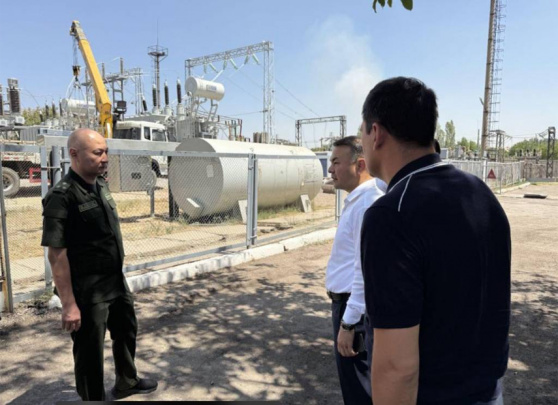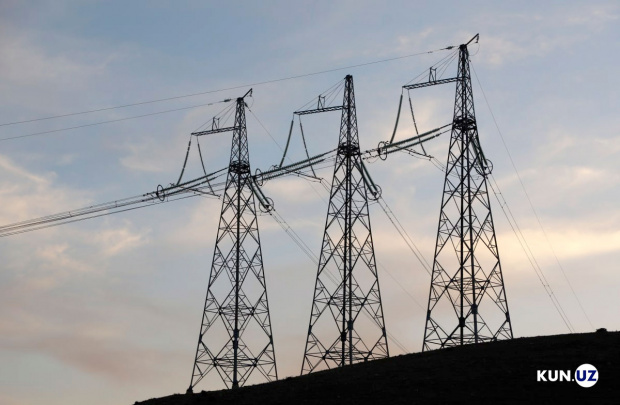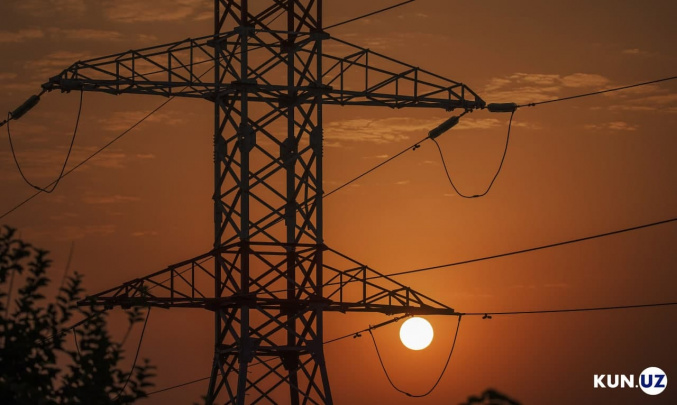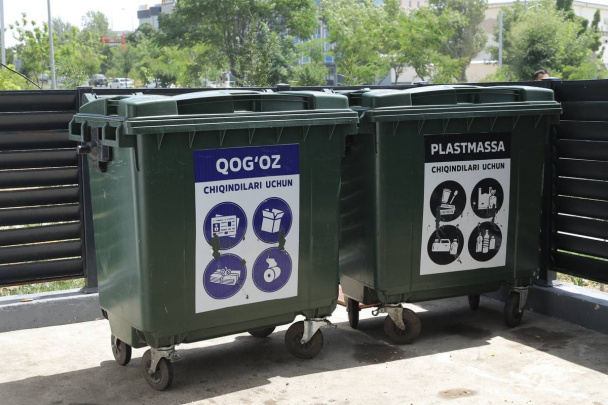Residents and businesses hit hard by frequent power cuts in Tashkent
Tashkent is once again in the grip of widespread power outages. In the peak of summer, thousands of consumers are going without electricity for hours at a time. Rolling blackouts have been introduced across the city. Even hospitals, kindergartens, and government institutions are being disconnected from the power supply intermittently.
In recent days, the capital has experienced constant interruptions in electricity supply. Neighborhoods are being disconnected in rotation, causing various problems for both residents and business owners.
On social media, users report being left without electricity for hours and facing disruptions in water supply. There are also reports of hospitals, kindergartens, and state institutions occasionally operating without power. The city’s traffic has become more difficult due to malfunctioning traffic lights.
Well-known actor Mehriddin Rakhmatov complained that frequent outages at his home have damaged his household appliances. He demanded an explanation from the authorities.
In response, the Tashkent City Power Grid Company stated that the extreme heat was causing increased load and that the power supply was being cut off frequently to prevent fire hazards. The company also noted that large-scale modernization works are underway throughout the capital, including upgrades to substations and preparations for the autumn–winter season.
Multiple daily outages without prior warning are severely impacting not just residents but also the business environment. For example, Ipak Yuli Bank announced that technical failures in its operations are directly caused by power interruptions.
Numerous complaints have also been posted in the Telegram channel of the 1055 municipal dispatch service, where users from nearly every district of the capital have reported frequent outages. Channel administrators responded to most complaints by stating that the interruptions were either due to scheduled maintenance or technical malfunctions.
An outdated system
Earlier in July, regional power distribution company REN attributed the outages in Tashkent and surrounding regions to scheduled repairs and preparations for the autumn–winter season. The company also promised to improve communication about planned power cuts.
Statistical data shows that electricity consumption in Uzbekistan is lowest during spring, when temperatures are moderate. This period should be used to prepare for the heavy load expected during the hot summer months. In reality, however, scheduled outages and repair work are being carried out in the middle of the summer heat.
Soaring prices, persistent problems
Since May 1, 2024, a social consumption norm for energy use has been introduced. At that time, the base tariff for residential electricity increased from UZS 295 to UZS 450 per kilowatt-hour. A progressive pricing system was implemented, where the more electricity one uses, the more expensive it becomes.
From May 1, 2025, the base tariff rose again by 33.3%, reaching UZS 600 per kilowatt-hour. Starting in 2026, electricity and gas tariffs will be adjusted annually on May 1 based on inflation, but the increase will not exceed 10%.
Despite the price hikes, electricity and gas are still being subsidized. In 2025, the state budget is set to allocate UZS 12.3 trillion in subsidies for gas, electricity, and heating. According to Deputy Prime Minister Jamshid Kuchkarov, these subsidies may only be phased out by 2028.
Officials have justified the rising tariffs by citing the need to modernize outdated infrastructure, reduce losses at energy companies, and attract investment into the sector. However, the reality on the ground remains largely unchanged, with persistent problems in power supply continuing to affect everyday life.
Related News

14:45
Dozens of energy sector officials punished after electricity disruptions in Tashkent

16:58 / 24.07.2025
Uzbekistan boosts electricity exports amid ongoing outages

11:32 / 23.07.2025
Power demand surges past winter highs as heat grips Uzbekistan

19:08 / 22.07.2025



